On the other hand, Detroit Tiger's manager Jim Leyland says, "I'm a guy who doesn't believe in momentum in baseball. Momentum is your next day's pitcher." The New York Time's polling analyst, Nate Silver, makes a similar point about elections. "Momentum…ought to imply that a candidate is gaining ground in the race—and, furthermore, that he is likely to continue to gain ground," says Silver. "As a thesis or prediction about how polls behave, this notion is a bit dubious… a candidate who gains ground in the the polls in one month…is no more likely to do so during the next one."
Yesterday's pitching fiasco means nothing about your chances the next day. Yesterday's bad poll numbers do not predict whether you will be up or down today. The human mind is conditioned to search for clues that will help us predict what will happen next in our world, so we seek trends and directions, even when past performance tells us nothing about the future. Here is where the manager and the political commentator agree: The past does not determine the present.
What is true in baseball and elections is also true in our lives. We often look at the things we have done in the past and draw conclusions about what that must mean for our future. This is the thinking both of the addict and the megalomaniac. We have the ability to turn everything that has gone badly in our lives into a reason to believe that we are worthless and incapable of being any different. We also have the ability to turn everything that has gone well into evidence that we are invulnerable and infallible. Neither is true.
Jewish tradition stands for the idea that change is always possible. We can never rest on our laurels and we can never give up the hope to become better. The rabbis teach, "Do not be sure of yourself until the day of your death" (Pirke Avot 2:5). Your future has not been written. You never reach the point at which you cannot change for the better and you never reach the day when you can stop trying to do better.
There is no Big Mo. Where you have been says nothing about where you can go, who you can be, or what you can make of your life.
Other Posts on This Topic:
Pesach and Opening Day
Why Torah is Like Baseball
Shoftim: Pursuing Justice Justly



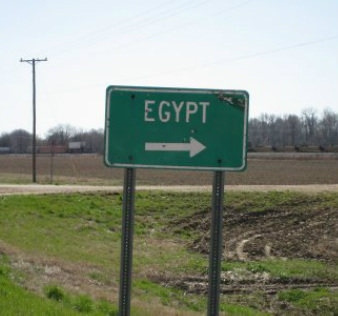

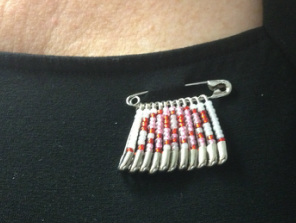
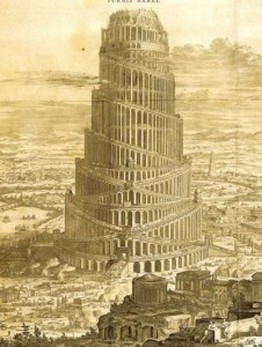
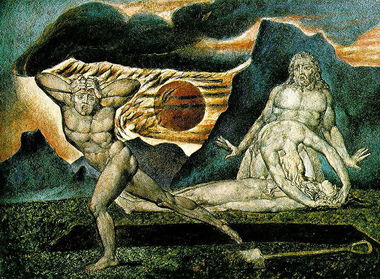
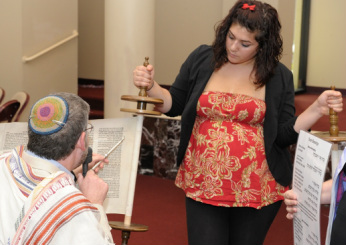
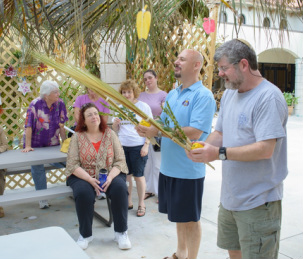

 RSS Feed
RSS Feed
